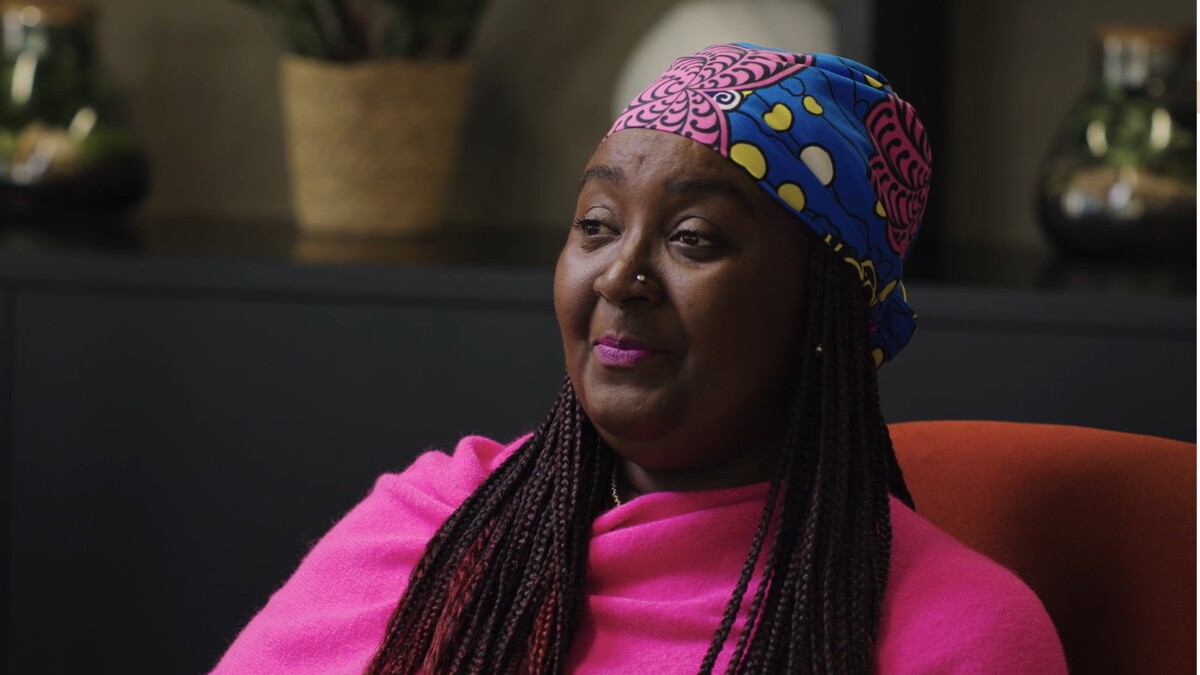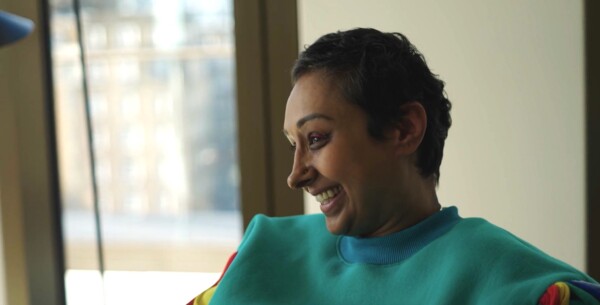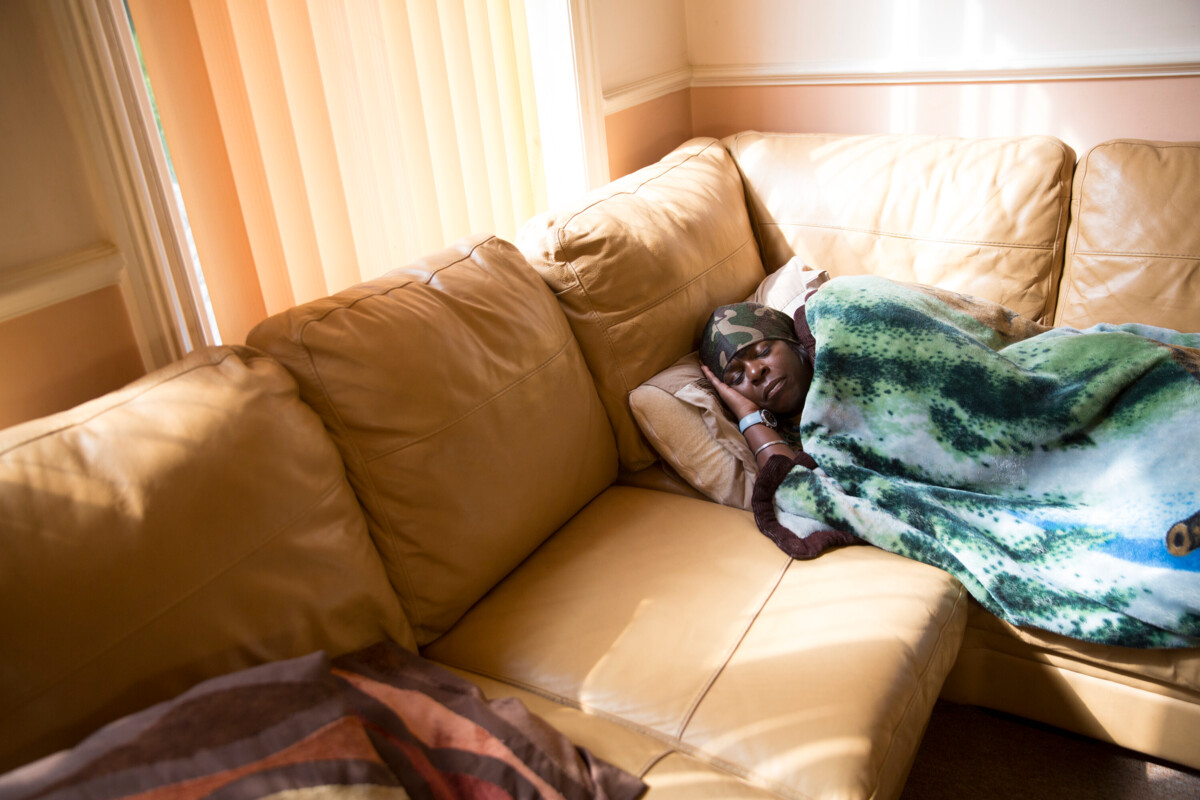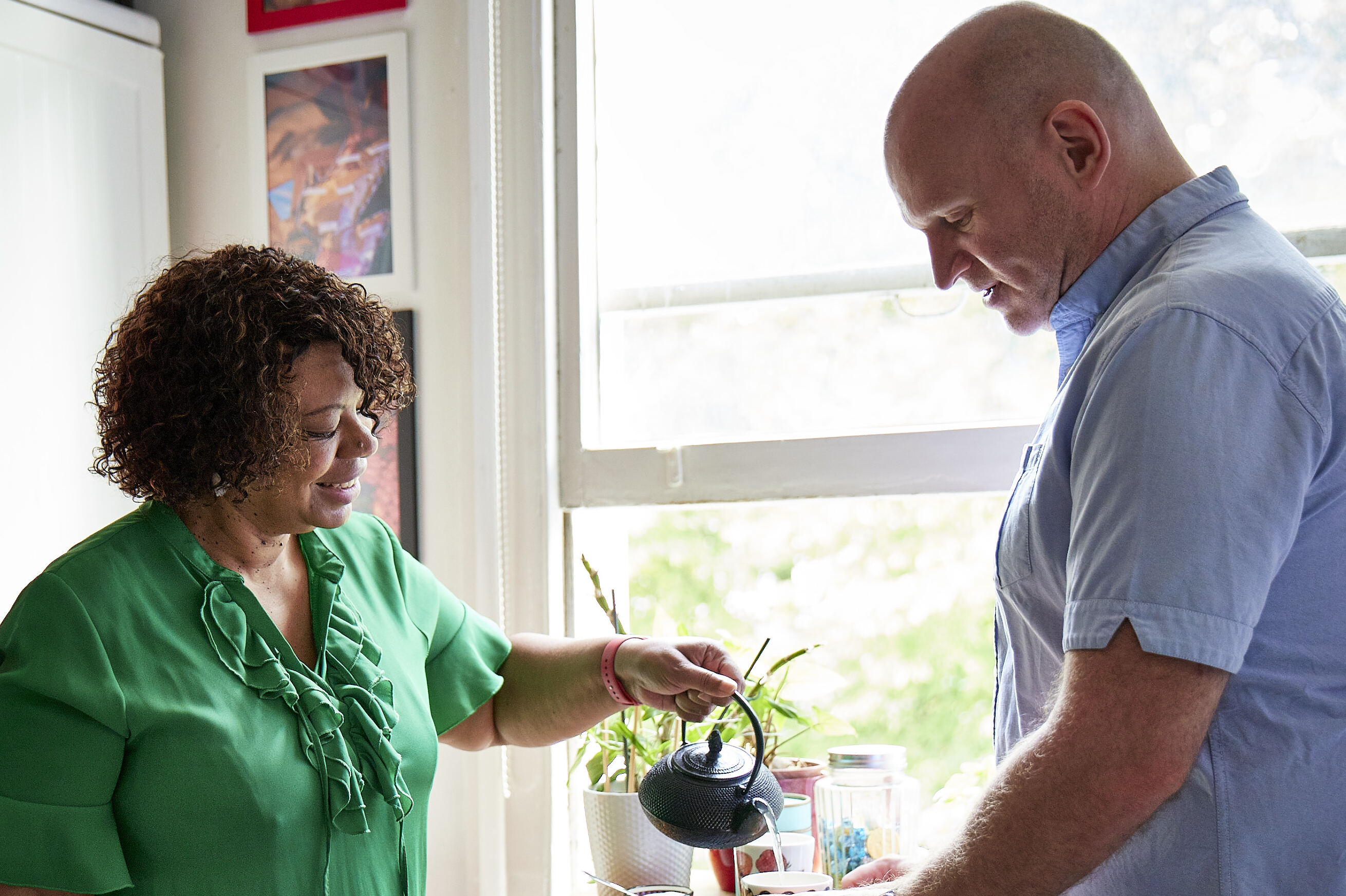Improving ethnic diversity in breast cancer trials
Health inequities in breast cancer
Breast cancer is the most common cancer in the UK (1). It is also one of the primary cancers that affect people from African, Caribbean, and South Asian communities.
We know that there are inequities in breast cancer outcomes for people from different ethnic backgrounds. Although people from African, Caribbean, and South Asian communities have fewer breast cancer cases than the white population, they are more likely to be diagnosed later when cancer is at a more advanced stage. They are also more likely to be diagnosed with types of breast cancer that are more difficult to treat (2).
Under-representation in health research and clinical trials
While some recent progress has been made (3), people from ethnically diverse backgrounds have historically been under-represented in clinical trials. The identified barriers to people taking part in trials include social, cultural and economic factors, as well as a lack of trust in the medical system due to injustices in health research in the past (4).
It's important that health research and clinical trials include people from diverse backgrounds and ethnicities. People experience health problems and respond to treatments in different ways. If the barriers to people taking part are addressed and more people are empowered to join trials, this would help us to learn about hard-to-treat cancers in these communities and create better treatments for everyone.
Clinical trials can also give patients access to new medications or treatments that are not yet available as standard in the NHS, enabling people to take a more active role in their healthcare and treatment decisions.
- We have more information about clinical trials for cancer and how to take part in them.
- If you'd like to talk to someone about clinical trials or any other questions about cancer you can speak to our specialists for free on the Macmillan Support Line.
How we are working to improve representation in clinical trials
Macmillan Cancer Support, Roche Products Limited, and the NHS Race and Health Observatory (NHSRHO) are working together on a pilot project to address inequity in breast cancer clinical trials, by raising awareness of trials, enhancing communication with patients, and offering one-to-one support.
Central to the initiative is a new specialist nurse post at St Bartholomew’s Hospital, Vicky Konadu. Vicky will provide one-to-one support to patients, ensure they receive clear information, and help them navigate the trial process with confidence.
Vicky says: “Investing more time with patients is the foundation of effective care and lasting results. When we take the time to listen, connect, and build trust, we not only strengthen relationships but also help patients feel understood and supported. That deeper connection leads to better engagement, improved experiences, and ultimately, better outcomes.”
Alongside this, the project will:
- Raise awareness of clinical trials through targeted outreach and community-tailored materials
- Improve communication and trust between patients and clinicians
- Strengthen patient support so that more people can remain in trials once recruited
- Collect and review data to inform more inclusive recruitment strategies in the future
In this video created for the project, women who have taken part in clinical trials talk about their experiences.
You can watch this video with translated subtitles
This project is being piloted at Barts Health NHS Trust and is supported by a clinical post funded by the project.
A special thank you to Caribbean & African Health Network (CAHN), South Asian Health Action (SAHA), and Egality Health for their invaluable contributions to community engagement with people with lived experience and the creation of supporting materials.
To find out more about the project please contact: bartshealth.trialsbreastcarenurse@nhs.net
Leaflets for patients and healthcare professionals
As part of the project, leaflets and videos have been produced with people talking about their experiences of taking part in clinical trials. The leaflets explain why improving diversity in trials is important and include examples of questions you might ask about trials if you are considering taking part in one.
There are also leaflets for healthcare professionals to help with conversations about trials. This includes information about the identified barriers that make clinical trials less accessible for people from diverse communities and what can be done to help overcome them.
The leaflets are available in English, Urdu, Bengali and Turkish.
-
A quick guide to clinical trials for patients and carers
This leaflet is for patients and carers wanting to learn more about clinical trials
-
A patient's guide to participating in breast cancer clinical trials
This leaflet includes questions you might ask if you are thinking about participating in a clinical trial.
A patient’s guide to participating in breast cancer clinical trials
-
Inclusive practices in breast cancer clinical trials for healthcare professionals
A guide for UK healthcare professionals: inclusive practices in breast cancer clinical trials
Hear from people talking about their experiences of clinical trials
More information and references
- We have information about different cancer types including symptoms, tests and treatments.
- Learn about clinical trials and how to find them.
- Find out more about our specialist support services, including our cancer information nurses on the Macmillan Support Line. Call us for free on 0808 808 00 00.
References
- Cancer Research UK. Breast cancer statistics. 2023. Available at: https://www.cancerresearchuk.org/health-professional/cancer-statistics/statistics-by-cancer-type/breast-cancer Last accessed October 2025.
- Williams G. Breast cancer risk and ethnicity: Explained [Internet]. Breast Cancer UK. 2023. Available at: https://www.breastcanceruk.org.uk/breast-cancer-risk-and-ethnicity-explained Last accessed October 2025.
- National Institute for Health and Care Research (NIHR). Randomised controlled trial participants: Diversity data report. November 2022. Available at: https://www.nihr.ac.uk/randomised-controlled-trial-participants-diversity-data-report Last accessed October 2025.
- Hussain-Gambles M, Atkin K, Leese B. Why ethnic minority groups are under-represented in clinical trials: a review of the literature. Health and Social Care in the Community. 2004 Sep;12(5):382–8.
This information was produced by Macmillan. Roche Products Ltd. provided review of this article only, in accordance with the ABPI code. Date of preparation October 2025 | M-GB-00024493
About our information
This information has been written, revised and edited by Macmillan's Digital Content Editor team. Learn more about our Digital Content Editors and how we produce our cancer information.
Accurate information helps you make informed choices. Look for trustworthy, reliable sources such as Macmillan Cancer Support, the NHS and your own healthcare team.
We have more information on how to find reliable health information online and understanding cancer myths and misinformation.
Read more
-
Blogs 15 Feb 2023The cost of food and the weekly shop are continuing to rise. Recent events mean the price of certain food items such as salad and fruit have gone up or there's a shortage in the shops. This can make...
-
Blogs 28 Feb 2023Sleep disturbance or difficulty sleeping is a common problem for people living with cancer. If you are struggling to get enough sleep, you may be feeling stressed and anxious. You may worry about how...
-
Blogs 01 Aug 2024Here you will find practical advice and emotional support as you adjust to life after cancer treatment. We have information about returning to work, managing your emotions, dealing with side effects...









